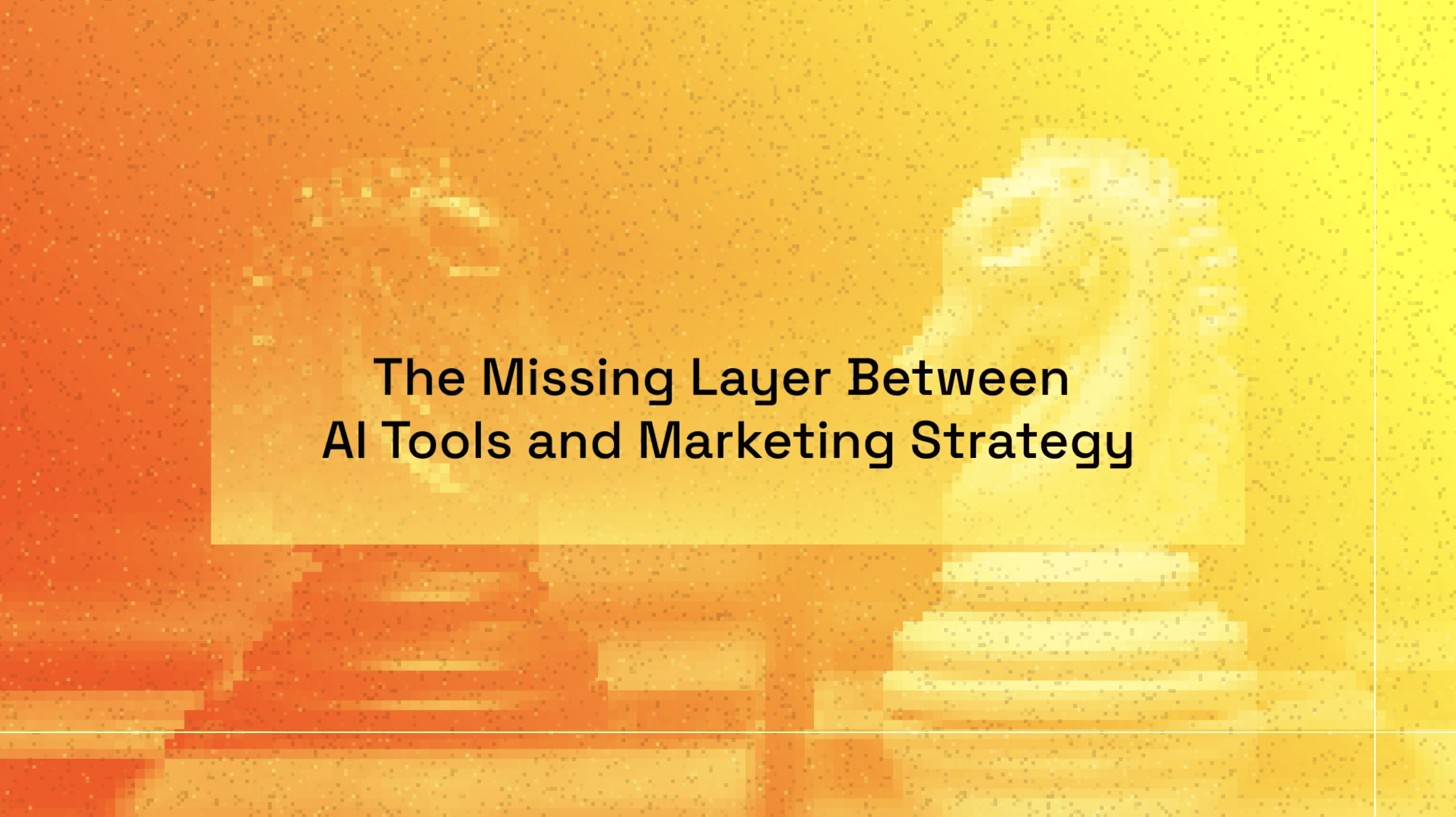
With insights from Olly Jones, Fractional GTM expert at Myosin
Blake Minho Kim
Co Founder, Myosin
Feb 6, 2025
Web3 projects need marketing partners who can attract developers, drive retail adoption, and engage institutions—often simultaneously. Traditional agency models, with their rigid structures and fixed teams, weren't built for this complexity.
In response, a new model is emerging: the anti-agency. This approach rethinks marketing services through flexible talent networks, technical expertise, and swift responsiveness to market needs.
Here's how this new model helps Web3's most innovative projects rethink marketing and why it might be the future of getting things done.
When the Old Playbook Stops Working
The traditional agency model is breaking under the weight of web3's unique demands.
Today’s projects need marketing partners who fluently speak technical and consumer languages. So, the usual approach of assigning whoever's available to incoming projects no longer cuts it.
"I think traditional agencies are not very good in Web3 marketing," explains Olly Jones, fractional GTM expert at Myosin. "Sometimes it's just not their A-team on a client’s product."
Rethinking the Entire Model
What happens when you throw out everything you know about how agencies should work? You get something that looks less like a traditional agency and more like an elite talent collective expanding and contracting based on market needs.
At Myosin, this means we maintain a carefully vetted flexible talent network that genuinely has the bandwidth to contribute to your project without being forced onto projects they can't properly support.
Why flexibility beats fixed teams every time
This fluid structure solves another classic agency problem: the bait-and-switch.
Instead of being pitched by senior staff only to have juniors do the work, clients interact directly with the people who will actually execute their projects.
The talent self-selects into projects they're genuinely excited about and qualified to deliver.
"This time last year, there was nothing to do with AI agents and very little to do with DeFi on Bitcoin. It was just Ethereum and NFTs were all dead too,” Jones explains. “Now there's like pockets of green shoots coming up.”
Having a flexible, highly-curated talent network means being able to adapt as market needs evolve rapidly—something traditional agencies often struggle to do.
How flexible talent drives real results
Consider our recent work with Propto, a real estate tokenization project.

Rather than forcing them into a pre-defined service package, we provided an à la carte menu of support:
Social media strategy from our community experts
Content marketing that works
Strategic introductions to the right DeFi natives and blockchains
"I didn't know when we started that we'd be introducing a real-world assets company to a DeFi native in the Solana ecosystem," Jones reflects. "But we found that was the most practical thing to do."
What Your Project Actually Needs Today
Current market demands fall into three clear categories:
Developer relations: With such a limited pool of web3 developers, projects need help attracting and engaging technical talent
Retail user adoption: Especially critical now as mainstream interest in crypto resurges
Institutional engagement: From MicroStrategy's Bitcoin purchases to nation-states considering crypto reserves

The Future of Marketing Service Delivery
The world doesn't need another agency. It needs a new model for getting marketing done, which is what Myosin provides:
Global perspective: With hubs in Korea, Lisbon, and New York and a growing presence in Argentina, we bring genuine local market understanding
Skill-based matching: Your project gets paired with experts who genuinely understand your specific challenges
Flexible resourcing: Our teams expand or contract based on actual needs, not arbitrary staffing models
This isn't just theory. It's happening now. Our research reports on markets like Argentina and Korea are backed by actual work helping major protocols expand into those regions.
When we publish insights about community building or developer engagement, they come from hands-on experience with some of web3's most innovative projects.
Building in Public While Delivering in Private
The anti-agency approach means being transparent about our model while maintaining client confidentiality. As Jones puts it, we're "building your agency in public"—sharing our learnings, evolution, and insights while still protecting the privacy our clients expect.
This transparency extends to our development. We're continuously experimenting with new approaches to service delivery, including AI integration and novel organizational structures that better serve web3's unique needs.



